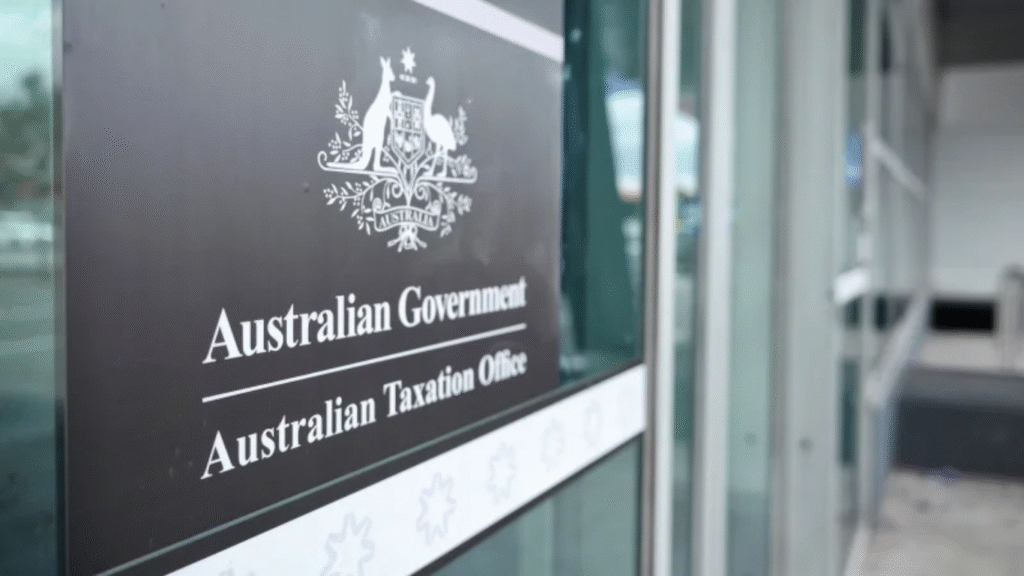The Australian Taxation Office (ATO) has released updated and expanded guidance on what constitutes Ordinary Time Earnings (OTE) for superannuation guarantee (SG) purposes.
This update provides employers with clearer examples and practical explanations to help ensure accurate super contributions and reduced compliance risks.
For Sydney employers, payroll teams, and business owners, this is a timely reminder to review how superannuation obligations are being calculated across all employee payments.
1. What Has Changed
The ATO’s enhanced guidance now provides a more detailed list of payments that do or do not form part of OTE. This includes examples across various industries, employment arrangements, and bonus structures.
What this means:
Employers can now make more confident decisions about which payments attract super — helping prevent underpayment risks and future liabilities.
Action point:
Review your payroll policies and check how each type of payment (such as allowances, commissions, bonuses, and overtime) is classified under the new OTE guidance.
2. Why Accurate OTE Classification Matters
Incorrectly classifying payments can result in superannuation shortfalls, penalties, and potential employee disputes.
Since OTE is the foundation for calculating compulsory super contributions, clarity around payment types is crucial for both employers and staff.
What this means:
An error in your OTE assessment could lead to retrospective SG payments and administrative penalties from the ATO.
Action point:
Conduct a payroll audit to ensure all pay categories align with the latest ATO examples and interpretations.
3. Reducing Compliance Risks
The ATO’s guidance aims to reduce confusion in areas where the law was previously unclear — for instance, around leave loading, termination payments, and irregular work patterns.
What this means:
Employers can now rely on a broader set of examples to validate their approach, reducing the likelihood of SG underpayment errors.
Action point:
Update your payroll system settings and train HR or accounting staff to apply the ATO’s clarified rules correctly.
4. Ensuring Employees Receive Correct Entitlements
Beyond compliance, these updates reinforce the importance of fair and transparent pay practices.
Accurate OTE classification ensures that employees receive the super contributions they’re legally entitled to, strengthening workplace trust and retention.
What this means:
Proactive businesses not only meet their obligations but also build stronger relationships with their workforce.
Action point:
Communicate updates internally so employees understand how their super contributions are calculated.
How Boa & Co. Chartered Accountants Can Help
At Boa & Co., we help Sydney businesses stay compliant and confident by:
- Reviewing payroll structures and OTE classifications
- Auditing superannuation contribution processes
- Implementing payroll systems that align with ATO standards
- Providing ongoing compliance and advisory support
The Bottom Line
With the ATO’s latest OTE guidance, Sydney employers have a clearer framework for super compliance — but also a renewed responsibility to act.
Now is the ideal time to review, update, and ensure accuracy before year-end reporting begins.
Contact Boa & Co. Chartered Accountants today to ensure your business remains fully compliant and your employees’ super contributions are accurate:
📞 1300 952 286
📧 [email protected]
🌐 www.boanco.com.au
Stay compliant. Stay fair. Stay ahead.

